Moves warm air from inside your home to the outside, just like a refrigerator keeps food cool by removing heat.
Extracts heat from outside air (yes, even in cold weather!) and moves it inside to warm your home efficiently.
Lower energy costs compared to traditional
Both heating and cooling in one system
Environmentally friendly operation
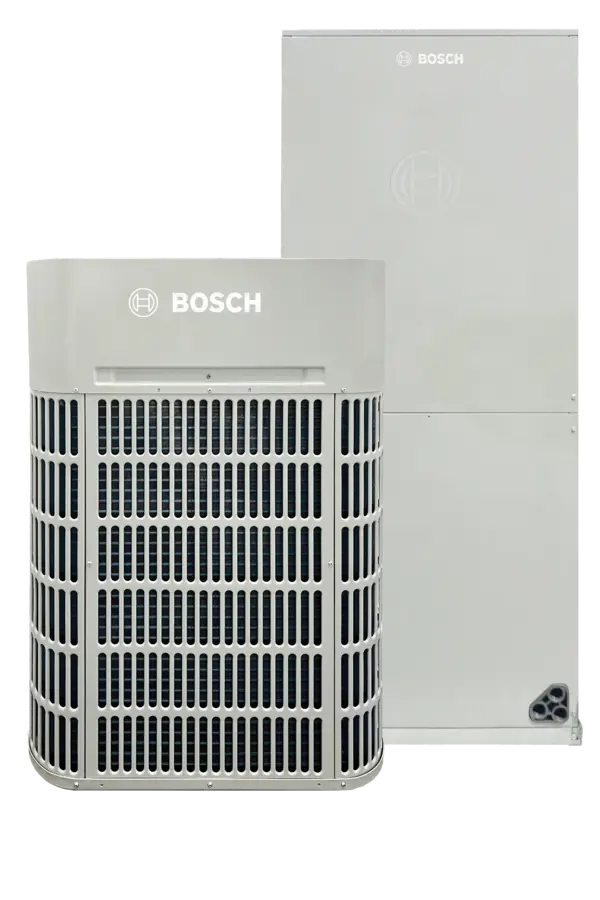
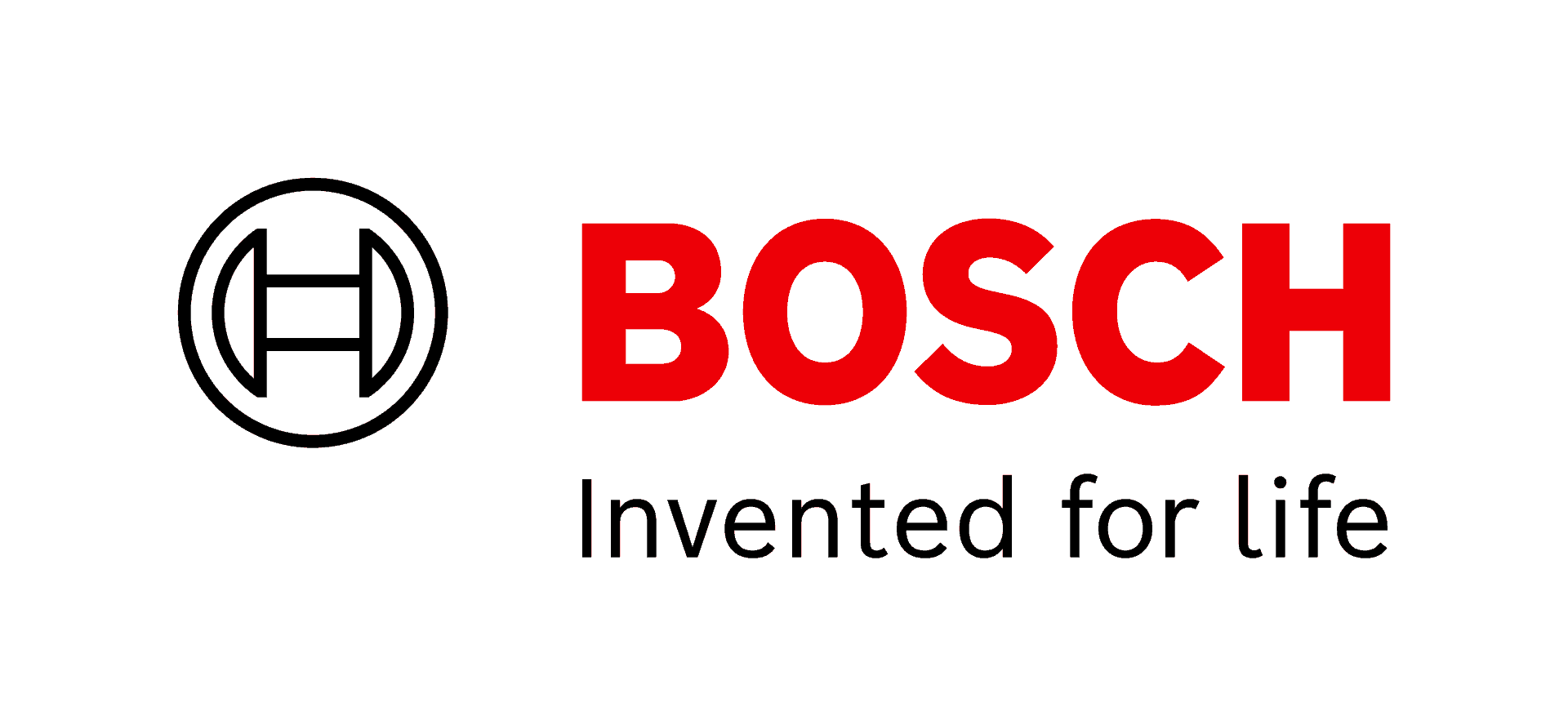
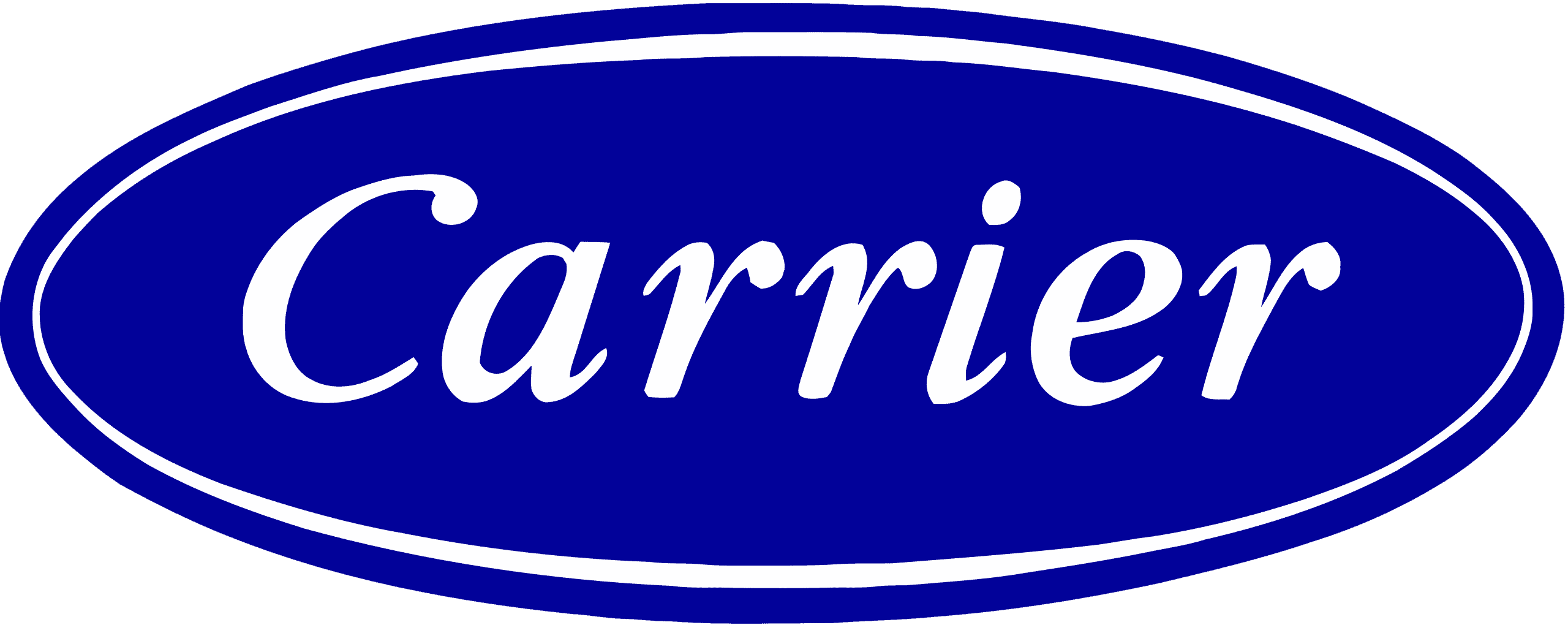

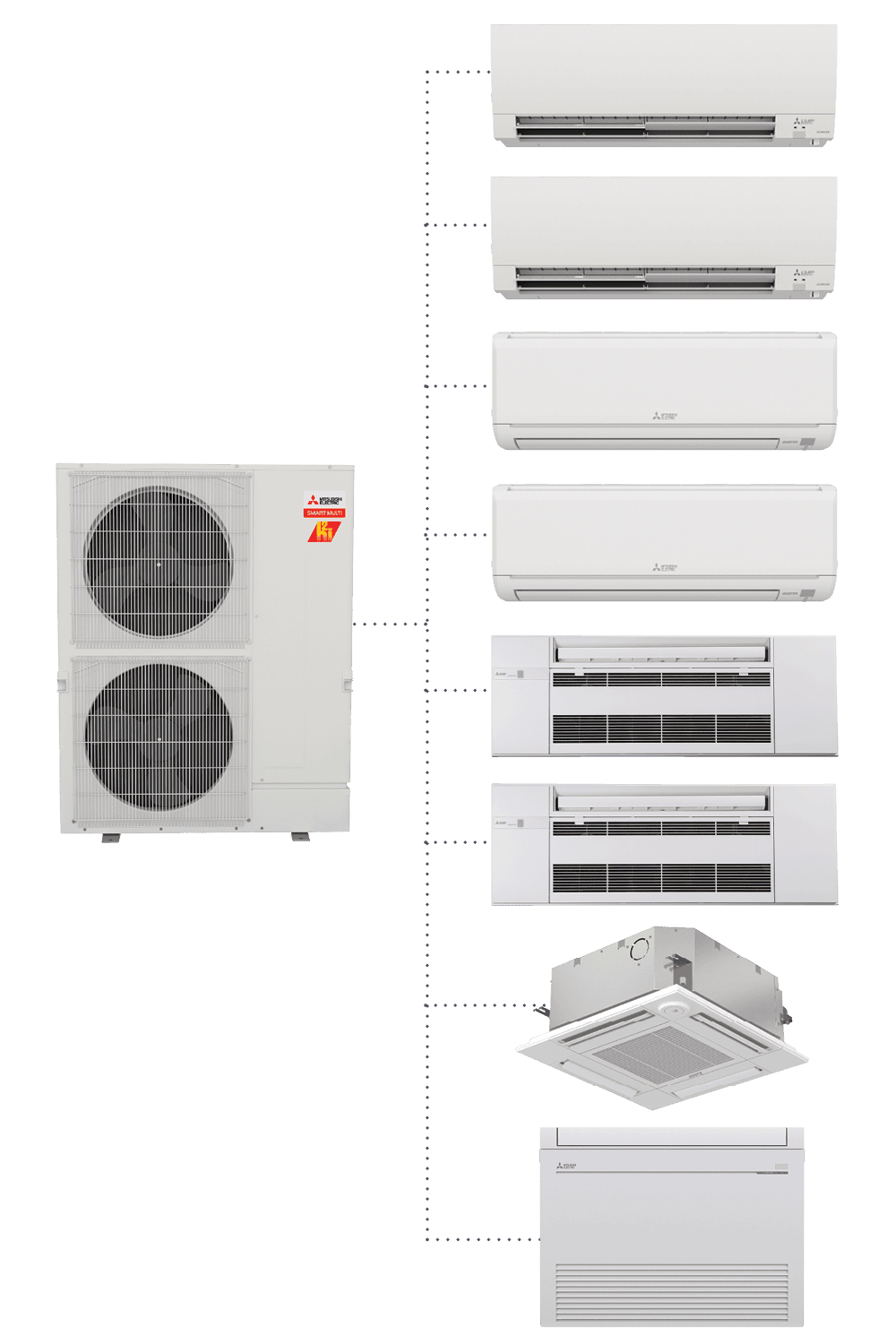



The air source forced-air heat pump system is the most affordable and common type of heat pump system in Colorado. However, many properties in CO don’t have duct work and use minisplit systems instead.
Ground Source units are rare and costly in Colorado; these units typically require digging vertically down or a large land surface. Due to the associated cost (which can be upwards of $30,000 – $40,000) they’re fairly rare and not typical in the large majority of homes.
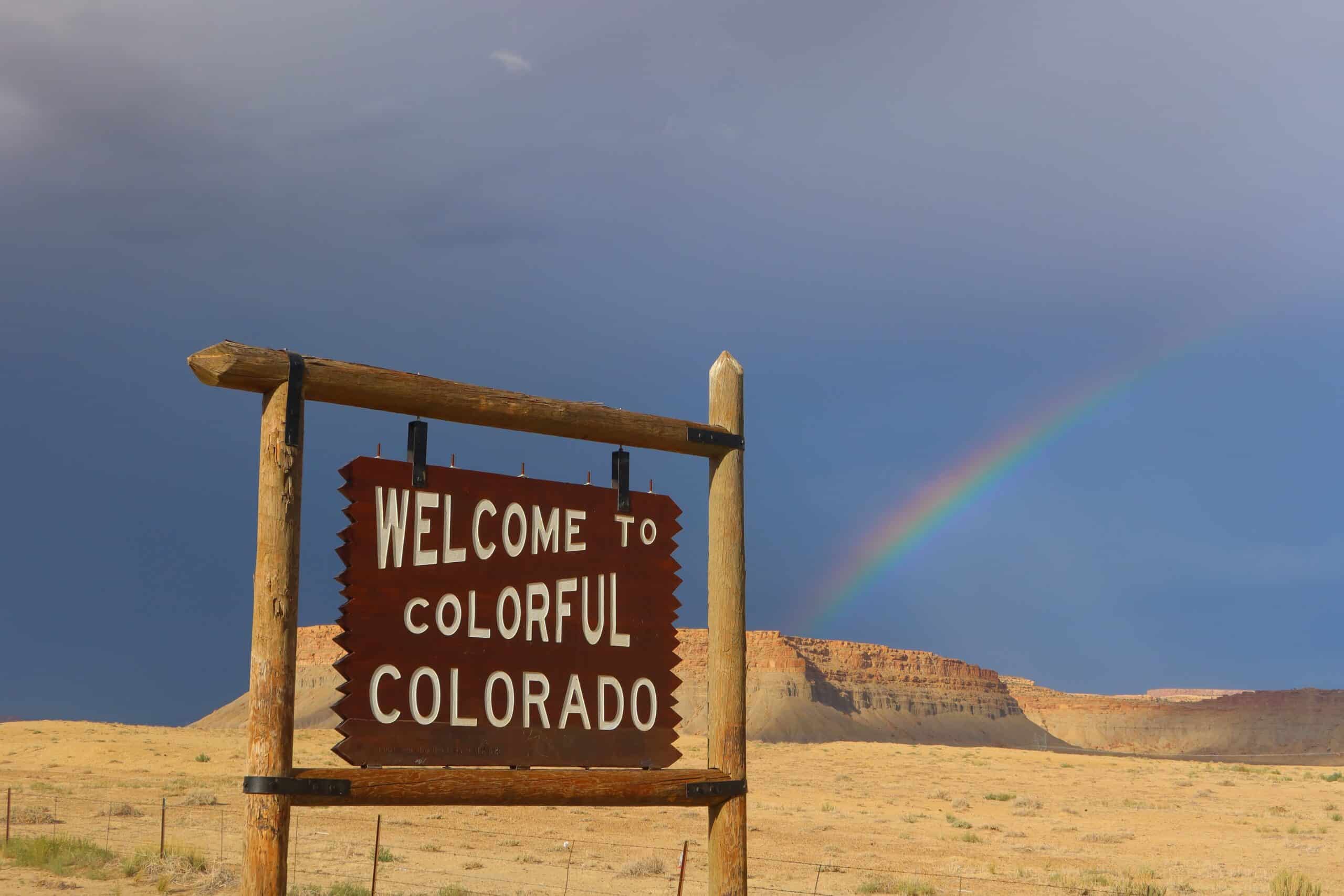
To simplify, yes. A heat pump is typically around 10-15% more efficient when compared to a conventional heating and cooling system in total energy usage in real world settings. In lab & theoretical settings, the efficiency gain may be as high as 25-30%.
Heat pumps achieve this through their Coefficient of Performance (COP), typically ranging from 2.5-4.0. This means they produce 2.5-4 units of heat for each unit of electricity used, by moving heat rather than generating it. Traditional heating systems can’t exceed a COP of 1.0 since they create heat directly. While lab tests show impressive theoretical gains, real-world factors like outdoor temperature, installation quality, and maintenance needs result in more modest but still significant efficiency improvements.
From our point of view as a professionals in the HVAC trade, the trend towards heat pumps and electrification has large governmental and institutional support behind it. Whether heat pumps and electrification are the future of the HVAC industry is still hotly debated (WSJ).
As of now, when we look at the near-future (5-10 years), it seems that we’re in the beginning stages of the trend towards heat pumps and HVAC electrification; So, for the time being, heat pumps are likely the best choice for future-proofing your heating and cooling system.
At UniColorado, we’re proud to be Colorado’s heat pump pioneers. Forget the confusion about what type or size of heat pump you need—we’ve got you covered. Our expert team has helped countless homeowners find the perfect, energy-efficient heating and cooling system. All you have to do is call us or fill out the quick form below. We’ll handle everything else, from product selection to professional installation. Don’t waste time second-guessing; let the pros keep you comfortable year-round. Take the first step toward greater comfort and lower energy bills by contacting us today!
